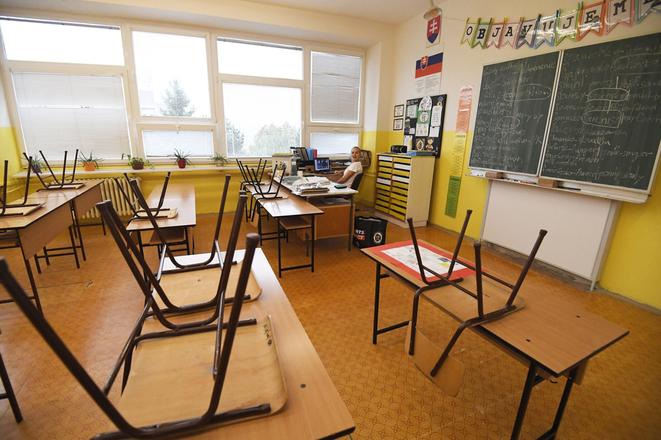While their peers are preparing for future jobs in secondary schools, hundreds of children, especially girls from Roma settlements, learn to embroider, clean, grow plants, or cook basic meals in the classroom.
About two dozen schools offer a two-year study programme called practical woman, whose graduates do not receive an apprenticeship certificate. Some experts point out that it reinforces gender stereotypes, stereotypes about women from Roma communities, with the ability of graduates to enter the labour market being questionable.
According to the school statistical yearbook, 453 girls and 24 boys are currently studying the practical woman programme.
Two years ago, Michal Páleník from the Employment Institute wrote an analysis and called on schools to abolish the programme. His opinion has not changed since.
"Optimistically, women from Roma settlements are being educated at least a little. Pessimistically, schools take a lot of money for it, which are then used elsewhere," said Páleník. He pointed out that the allowance per student in this programme is twice as high as the allowance per medical student that Comenius University receives.


 Stock image. (source: TASR)
Stock image. (source: TASR)